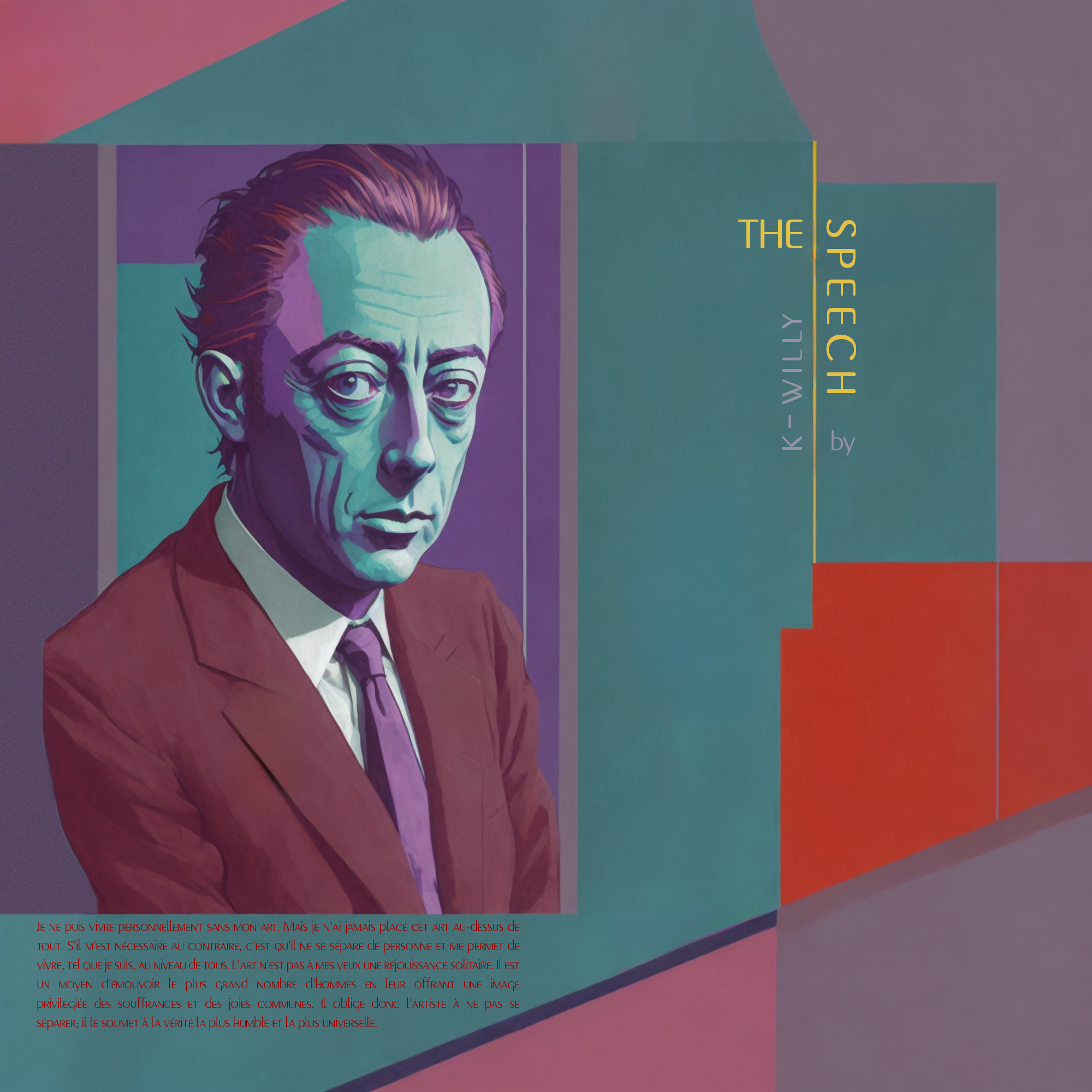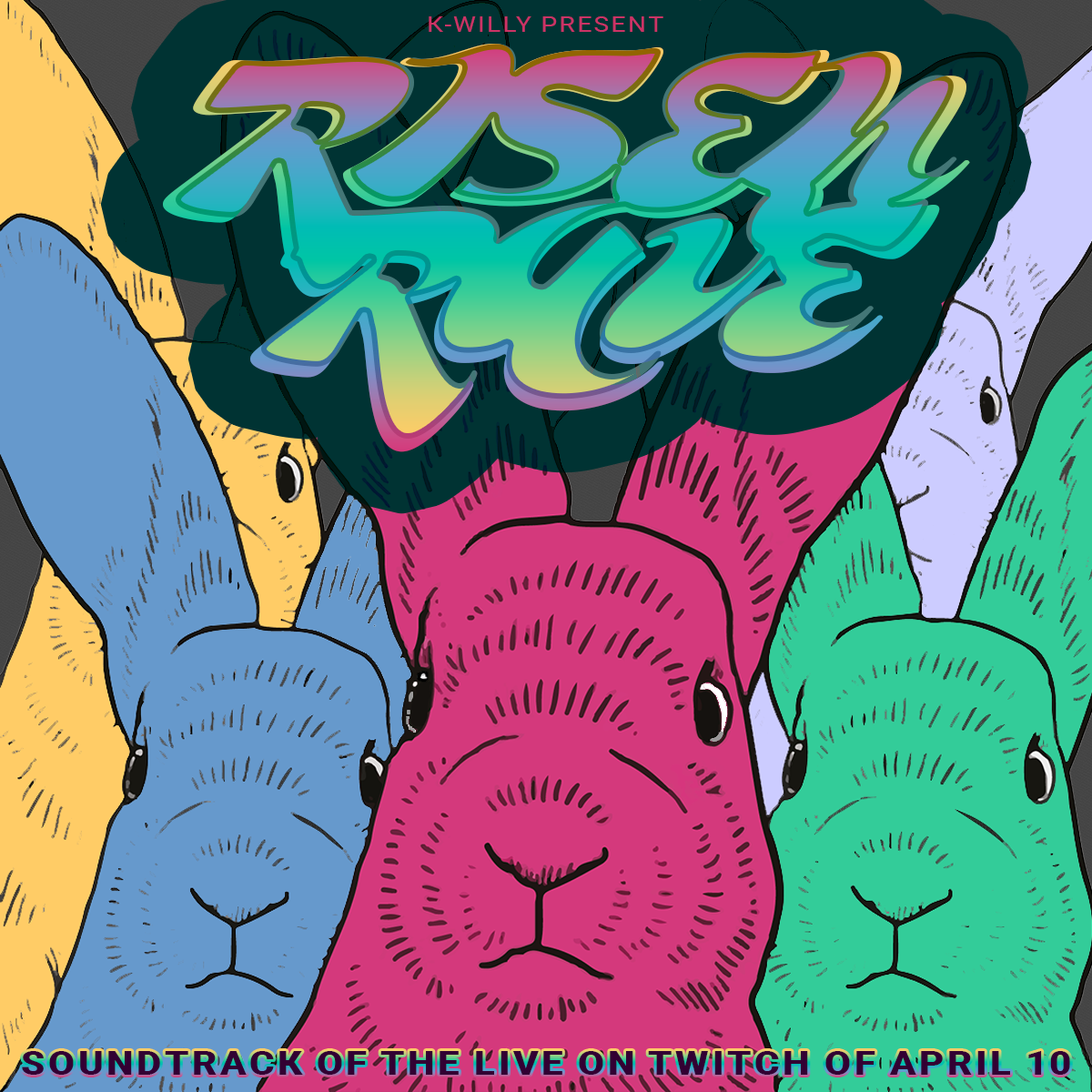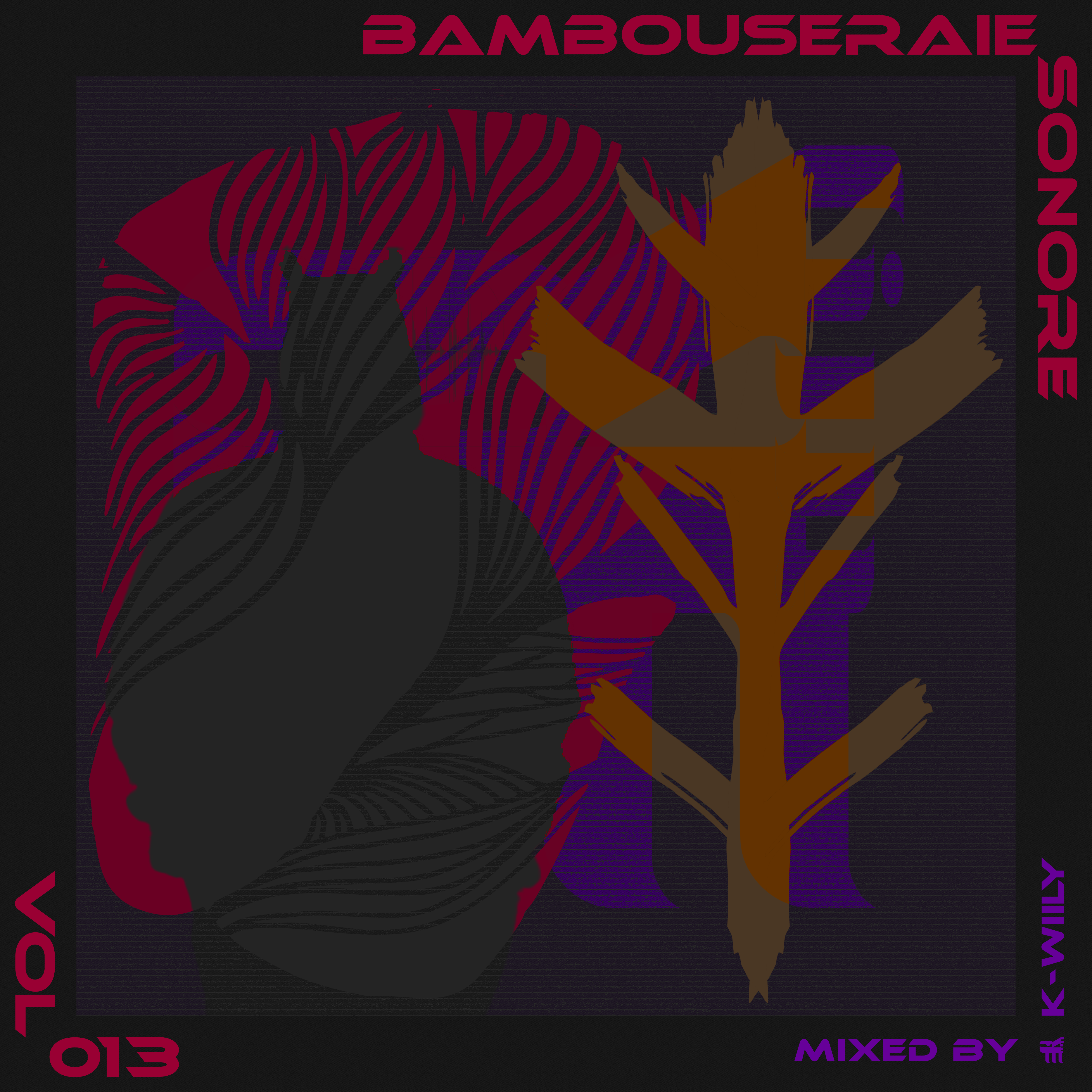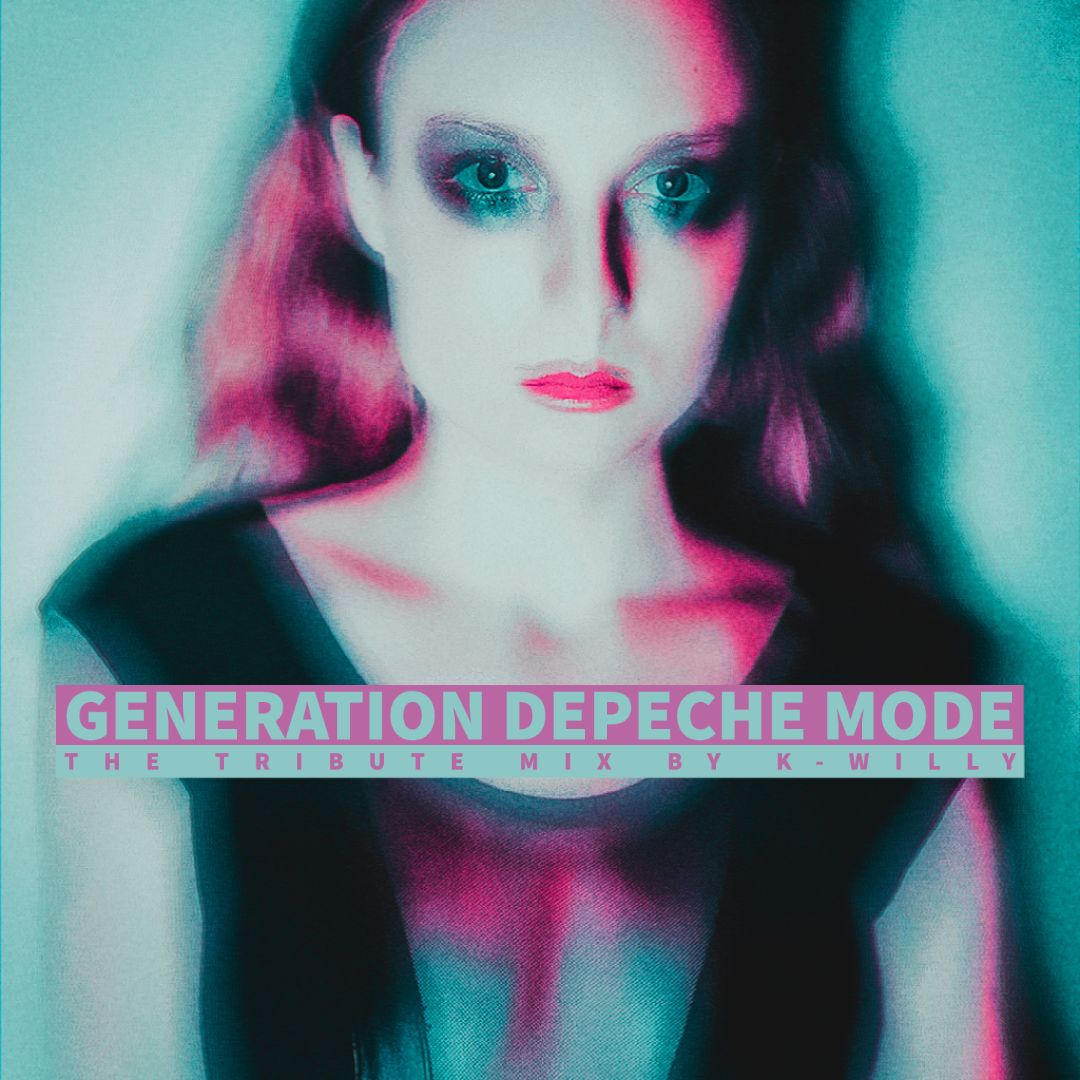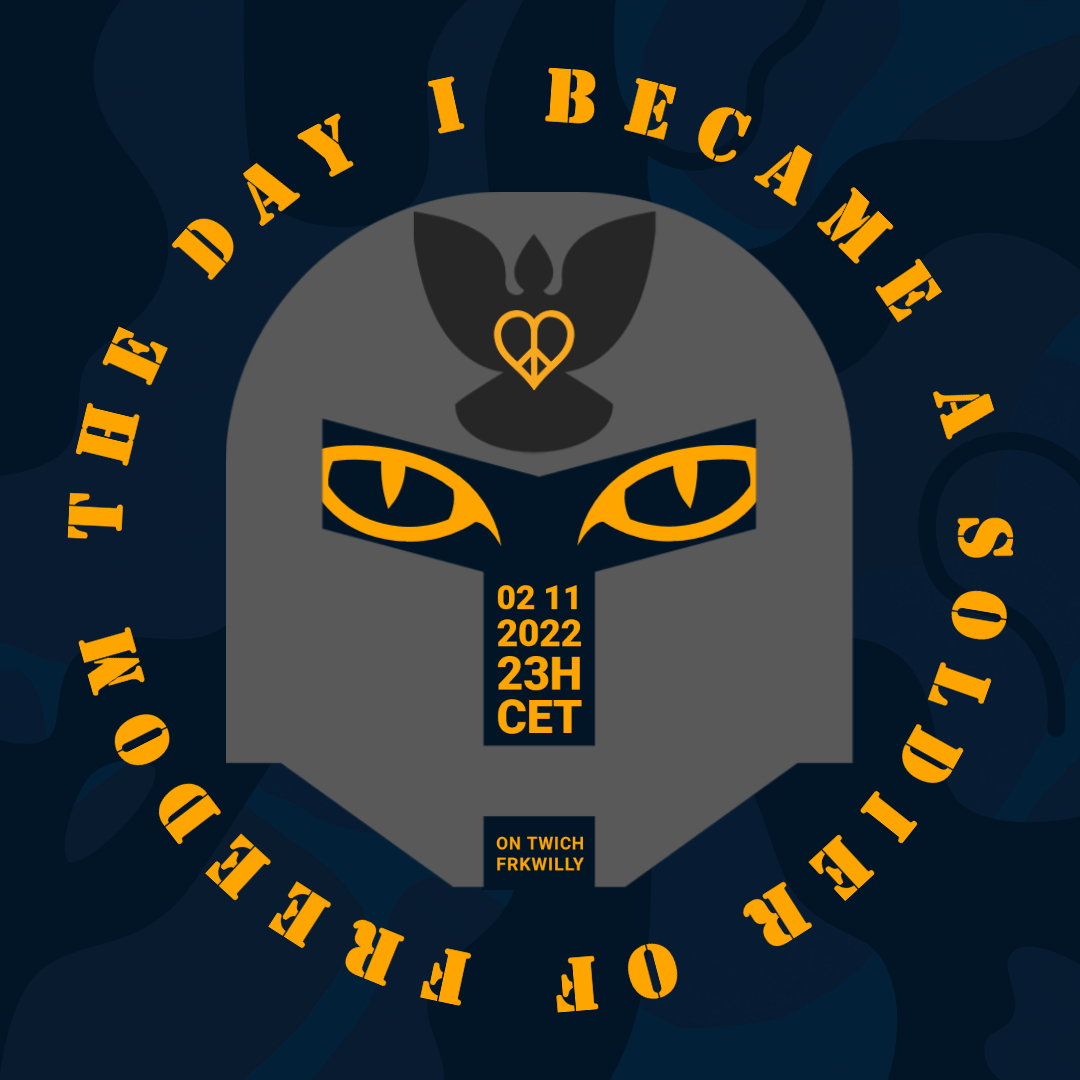THE SPEECH
J’ai pris la liberté de mettre en musique le discours d’Albert Camus pour le prix Nobel de littérature 1957. Je l’ai mélangé avec Darshan Atmosphere et j’ai réarrangé le tout avec quelque couche vaporeuses.
THE SPEECH
I took the liberty of setting Albert Camus’ speech for the 1957 Nobel Prize for Literature to music. I mixed it with Darshan Atmosphere and rearranged it all with some vaporous layers.
22’37 - key 12m - 64 bpm
PAROLES
En recevant la distinction dont votre libre Académie m’a si généreusement honoré, ma gratitude a été profonde, surtout quand je considère à quel point cette récompense a surpassé mes mérites personnels. Chaque homme, et à plus forte raison, chaque artiste, veut être reconnu. Moi aussi. Mais je n’ai pas pu prendre connaissance de votre décision sans comparer ses répercussions à ce que je suis réellement. Un homme presque jeune, riche seulement de ses doutes et de son travail toujours en cours, habitué à vivre dans la solitude du travail ou dans les retraites de l’amitié : comment n’éprouverait-il pas une sorte de panique en entendant le décret qui le transporte tout soudain, seul et réduit à lui-même, au centre d’une lumière aveuglante ? Et avec quels sentiments pourrait-il accepter cet honneur à une époque où d’autres écrivains en Europe, parmi lesquels les plus grands, sont condamnés au silence, et même à une époque où son pays natal traverse une misère sans fin ?
J’ai ressenti ce choc et cette agitation intérieure. Pour retrouver la paix, j’ai dû, en somme, composer avec une fortune trop généreuse. Et comme je ne puis être à la hauteur en me reposant uniquement sur mon exploit, je n’ai trouvé pour me soutenir que ce qui m’a soutenu toute ma vie, même dans les circonstances les plus contraires : l’idée que je me fais de mon art et de la rôle de l’écrivain. Permettez-moi seulement de vous dire, dans un esprit de gratitude et d’amitié, aussi simplement que possible, quelle est cette idée.
Pour ma part, je ne peux pas vivre sans mon art. Mais je ne l’ai jamais placé au-dessus de tout. Si, au contraire, j’en ai besoin, c’est parce qu’elle est indissociable de mes semblables et qu’elle me permet de vivre, telle que je suis, de plain-pied avec eux. C’est un moyen de remuer le plus grand nombre en leur offrant une image privilégiée des joies et des souffrances communes. Elle oblige l’artiste à ne pas se tenir à l’écart ; elle le soumet à la vérité la plus humble et la plus universelle. Et souvent celui qui a choisi le sort de l’artiste parce qu’il se sentait différent s’aperçoit bientôt qu’il ne peut maintenir ni son art ni sa différence s’il ne s’avoue pas comme les autres. L’artiste se forge aux autres, à mi-chemin entre la beauté dont il ne peut se passer et la communauté dont il ne peut s’arracher. C’est pourquoi les vrais artistes ne méprisent rien : ils sont obligés de comprendre plutôt que de juger. Et s’ils doivent prendre parti dans ce monde, ils ne peuvent peut-être que prendre parti pour cette société dans laquelle, selon le grand mot de Nietzsche, ce n’est pas le juge mais le créateur qui gouvernera, qu’il soit ouvrier ou intellectuel.
De même, le rôle de l’écrivain n’est pas exempt de tâches difficiles. Par définition, il ne peut se mettre aujourd’hui au service de ceux qui font l’histoire ; il est au service de ceux qui la subissent. Sinon, il sera seul et privé de son art. Toutes les armées de la tyrannie avec leurs millions d’hommes ne le délivreront pas de son isolement, même et surtout s’il leur emboîte le pas. Mais le silence d’un prisonnier inconnu, livré aux humiliations à l’autre bout du monde, suffit à tirer l’écrivain de son exil, du moins quand, au milieu des privilèges de la liberté, il parvient à ne pas oublier ce silence , et de le transmettre pour le faire résonner par son art.
Aucun de nous n’est assez grand pour une telle tâche. Mais en toutes circonstances de la vie, dans l’obscurité ou la notoriété passagère, jeté dans les fers de la tyrannie ou pour un temps libre de s’exprimer, l’écrivain peut gagner le cœur d’une communauté vivante qui le justifiera, à la seule condition qu’il accepter jusqu’à la limite de ses capacités les deux tâches qui font la grandeur de son métier : le service de la vérité et le service de la liberté. Parce que sa tâche est de réunir le plus grand nombre possible de personnes, son art ne doit pas transiger avec le mensonge et la servitude qui, partout où ils règnent, engendrent la solitude. Quelles que soient nos faiblesses personnelles, la noblesse de notre métier sera toujours ancrée dans deux engagements, difficiles à tenir : le refus de mentir sur ce que l’on sait et la résistance à l’oppression.
Depuis plus de vingt ans d’une histoire folle, désespérément perdu comme tous les hommes de ma génération dans les convulsions du temps, je n’ai été soutenu que par une chose : par le sentiment caché qu’écrire aujourd’hui était un honneur car cette activité était un engagement – et un engagement non seulement à écrire. Concrètement, compte tenu de mes pouvoirs et de mon état d’être, c’était un engagement à porter, avec tous ceux qui vivaient la même histoire, la misère et l’espoir que nous partagions. Ces hommes, nés au début de la Première Guerre mondiale, qui avaient vingt ans quand Hitler arriva au pouvoir et que s’ouvrirent les premiers procès révolutionnaires, qui furent alors confrontés en complément de leur éducation à la guerre civile espagnole, la Seconde Guerre mondiale Guerre, monde des camps de concentration, Europe de la torture et des prisons, ces hommes doivent aujourd’hui élever leurs fils et créer leurs œuvres dans un monde menacé par la destruction nucléaire. Personne, je pense, ne peut leur demander d’être optimistes. Et je pense même qu’il faut comprendre – sans cesser de la combattre – l’erreur de ceux qui dans un excès de désespoir ont affirmé leur droit au déshonneur et se sont engouffrés dans le nihilisme de l’époque. Mais il n’en reste pas moins que la plupart d’entre nous, dans mon pays et en Europe, avons refusé ce nihilisme et nous sommes engagés dans une quête de légitimité. Ils ont dû se forger un art de vivre en temps de catastrophe pour renaître une seconde fois et lutter ouvertement contre l’instinct de mort à l’œuvre dans notre histoire.
Chaque génération se sent sans doute appelée à réformer le monde. Le mien sait qu’il ne le réformera pas, mais sa tâche est peut-être encore plus grande. Elle consiste à empêcher le monde de se détruire. Héritière d’une histoire corrompue, où se mêlent révolutions déchues, techniques devenues folles, dieux morts et idéologies éculées, où des puissances médiocres peuvent tout détruire mais ne savent plus convaincre, où l’intelligence s’est avilie pour devenir la servante de de haine et d’oppression, cette génération à partir de ses propres négations a dû reconstituer, à l’intérieur comme à l’extérieur, un peu de ce qui fait la dignité de la vie et de la mort. Dans un monde menacé de désintégration, où nos grands inquisiteurs risquent d’établir à jamais le royaume de la mort, elle sait qu’elle doit, dans une folle course contre la montre, rétablir entre les nations une paix qui ne soit pas la servitude, réconcilier à nouveau le travail et la culture, et refaire avec tous les hommes l’Arche d’Alliance. Il n’est pas certain que cette génération puisse jamais accomplir cette immense tâche, mais déjà elle se relève partout dans le monde au double défi de la vérité et de la liberté et, s’il le faut, sait mourir pour elle sans haine. Partout où il se trouve, il mérite d’être salué et encouragé, particulièrement là où il se sacrifie. En tout cas, certain de votre entière approbation, c’est à cette génération que je voudrais transmettre l’honneur que vous venez de me faire.
En même temps, après avoir esquissé la noblesse du métier d’écrivain, j’aurais dû le remettre à sa juste place. Il n’a d’autres prétentions que celles qu’il partage avec ses compagnons d’armes : vulnérable mais obstiné, injuste mais passionné de justice, faisant son travail sans pudeur ni orgueil aux yeux de tous, ne cessant d’être partagé entre la douleur et la beauté, et dévoué enfin à tirer de sa double existence les créations qu’il s’obstine à ériger dans le mouvement destructeur de l’histoire. Qui après tout cela peut attendre de lui des solutions complètes et une haute moralité ? La vérité est mystérieuse, insaisissable, toujours à conquérir. La liberté est dangereuse, aussi difficile à vivre qu’exaltante. Nous devons marcher vers ces deux buts, péniblement mais résolument, certains d’avance de nos échecs sur un si long chemin. Quel écrivain oserait désormais en toute bonne conscience s’ériger en prédicateur de la vertu ? Pour ma part, je dois dire une fois de plus que je ne suis pas de ce genre. Je n’ai jamais pu renoncer à la lumière, au plaisir d’être et à la liberté dans lesquels j’ai grandi. Mais si cette nostalgie explique beaucoup de mes erreurs et de mes défauts, elle m’a sans doute aidé à mieux comprendre mon métier. Il m’aide encore à soutenir indiscutablement tous ces hommes silencieux qui ne soutiennent la vie faite pour eux dans le monde que par le souvenir du retour d’un bonheur bref et gratuit.
Ainsi réduit à ce que je suis réellement, à mes limites et à mes dettes ainsi qu’à mon difficile credo, je me sens plus libre, pour conclure, de commenter l’étendue et la générosité de l’honneur que vous venez de me faire, plus libre aussi de dire vous que je le reçoive comme un hommage rendu à tous ceux qui, partageant un même combat, n’ont reçu aucun privilège, mais ont au contraire connu la misère et la persécution. Il me reste à vous remercier du fond du cœur et à vous faire publiquement, en signe personnel de ma reconnaissance, la même et ancienne promesse de fidélité que tout véritable artiste se répète chaque jour en silence.
In receiving the distinction with which your free Academy has so generously honoured me, my gratitude has been profound, particularly when I consider the extent to which this recompense has surpassed my personal merits. Every man, and for stronger reasons, every artist, wants to be recognized. So do I. But I have not been able to learn of your decision without comparing its repercussions to what I really am. A man almost young, rich only in his doubts and with his work still in progress, accustomed to living in the solitude of work or in the retreats of friendship: how would he not feel a kind of panic at hearing the decree that transports him all of a sudden, alone and reduced to himself, to the centre of a glaring light? And with what feelings could he accept this honour at a time when other writers in Europe, among them the very greatest, are condemned to silence, and even at a time when the country of his birth is going through unending misery?
I felt that shock and inner turmoil. In order to regain peace I have had, in short, to come to terms with a too generous fortune. And since I cannot live up to it by merely resting on my achievement, I have found nothing to support me but what has supported me through all my life, even in the most contrary circumstances: the idea that I have of my art and of the role of the writer. Let me only tell you, in a spirit of gratitude and friendship, as simply as I can, what this idea is.
For myself, I cannot live without my art. But I have never placed it above everything. If, on the other hand, I need it, it is because it cannot be separated from my fellow men, and it allows me to live, such as I am, on one level with them. It is a means of stirring the greatest number of people by offering them a privileged picture of common joys and sufferings. It obliges the artist not to keep himself apart; it subjects him to the most humble and the most universal truth. And often he who has chosen the fate of the artist because he felt himself to be different soon realizes that he can maintain neither his art nor his difference unless he admits that he is like the others. The artist forges himself to the others, midway between the beauty he cannot do without and the community he cannot tear himself away from. That is why true artists scorn nothing: they are obliged to understand rather than to judge. And if they have to take sides in this world, they can perhaps side only with that society in which, according to Nietzsche’s great words, not the judge but the creator will rule, whether he be a worker or an intellectual.
By the same token, the writer’s role is not free from difficult duties. By definition he cannot put himself today in the service of those who make history; he is at the service of those who suffer it. Otherwise, he will be alone and deprived of his art. Not all the armies of tyranny with their millions of men will free him from his isolation, even and particularly if he falls into step with them. But the silence of an unknown prisoner, abandoned to humiliations at the other end of the world, is enough to draw the writer out of his exile, at least whenever, in the midst of the privileges of freedom, he manages not to forget that silence, and to transmit it in order to make it resound by means of his art.
None of us is great enough for such a task. But in all circumstances of life, in obscurity or temporary fame, cast in the irons of tyranny or for a time free to express himself, the writer can win the heart of a living community that will justify him, on the one condition that he will accept to the limit of his abilities the two tasks that constitute the greatness of his craft: the service of truth and the service of liberty. Because his task is to unite the greatest possible number of people, his art must not compromise with lies and servitude which, wherever they rule, breed solitude. Whatever our personal weaknesses may be, the nobility of our craft will always be rooted in two commitments, difficult to maintain: the refusal to lie about what one knows and the resistance to oppression.
For more than twenty years of an insane history, hopelessly lost like all the men of my generation in the convulsions of time, I have been supported by one thing: by the hidden feeling that to write today was an honour because this activity was a commitment – and a commitment not only to write. Specifically, in view of my powers and my state of being, it was a commitment to bear, together with all those who were living through the same history, the misery and the hope we shared. These men, who were born at the beginning of the First World War, who were twenty when Hitler came to power and the first revolutionary trials were beginning, who were then confronted as a completion of their education with the Spanish Civil War, the Second World War, the world of concentration camps, a Europe of torture and prisons – these men must today rear their sons and create their works in a world threatened by nuclear destruction. Nobody, I think, can ask them to be optimists. And I even think that we should understand – without ceasing to fight it – the error of those who in an excess of despair have asserted their right to dishonour and have rushed into the nihilism of the era. But the fact remains that most of us, in my country and in Europe, have refused this nihilism and have engaged upon a quest for legitimacy. They have had to forge for themselves an art of living in times of catastrophe in order to be born a second time and to fight openly against the instinct of death at work in our history.
Each generation doubtless feels called upon to reform the world. Mine knows that it will not reform it, but its task is perhaps even greater. It consists in preventing the world from destroying itself. Heir to a corrupt history, in which are mingled fallen revolutions, technology gone mad, dead gods, and worn-out ideologies, where mediocre powers can destroy all yet no longer know how to convince, where intelligence has debased itself to become the servant of hatred and oppression, this generation starting from its own negations has had to re-establish, both within and without, a little of that which constitutes the dignity of life and death. In a world threatened by disintegration, in which our grand inquisitors run the risk of establishing forever the kingdom of death, it knows that it should, in an insane race against the clock, restore among the nations a peace that is not servitude, reconcile anew labour and culture, and remake with all men the Ark of the Covenant. It is not certain that this generation will ever be able to accomplish this immense task, but already it is rising everywhere in the world to the double challenge of truth and liberty and, if necessary, knows how to die for it without hate. Wherever it is found, it deserves to be saluted and encouraged, particularly where it is sacrificing itself. In any event, certain of your complete approval, it is to this generation that I should like to pass on the honour that you have just given me.
At the same time, after having outlined the nobility of the writer’s craft, I should have put him in his proper place. He has no other claims but those which he shares with his comrades in arms: vulnerable but obstinate, unjust but impassioned for justice, doing his work without shame or pride in view of everybody, not ceasing to be divided between sorrow and beauty, and devoted finally to drawing from his double existence the creations that he obstinately tries to erect in the destructive movement of history. Who after all this can expect from him complete solutions and high morals? Truth is mysterious, elusive, always to be conquered. Liberty is dangerous, as hard to live with as it is elating. We must march toward these two goals, painfully but resolutely, certain in advance of our failings on so long a road. What writer would from now on in good conscience dare set himself up as a preacher of virtue? For myself, I must state once more that I am not of this kind. I have never been able to renounce the light, the pleasure of being, and the freedom in which I grew up. But although this nostalgia explains many of my errors and my faults, it has doubtless helped me toward a better understanding of my craft. It is helping me still to support unquestioningly all those silent men who sustain the life made for them in the world only through memory of the return of brief and free happiness.
Thus reduced to what I really am, to my limits and debts as well as to my difficult creed, I feel freer, in concluding, to comment upon the extent and the generosity of the honour you have just bestowed upon me, freer also to tell you that I would receive it as an homage rendered to all those who, sharing in the same fight, have not received any privilege, but have on the contrary known misery and persecution. It remains for me to thank you from the bottom of my heart and to make before you publicly, as a personal sign of my gratitude, the same and ancient promise of faithfulness which every true artist repeats to himself in silence every day.
edited & mixed by k-willy || art work by k-willy
for you bouthaï

